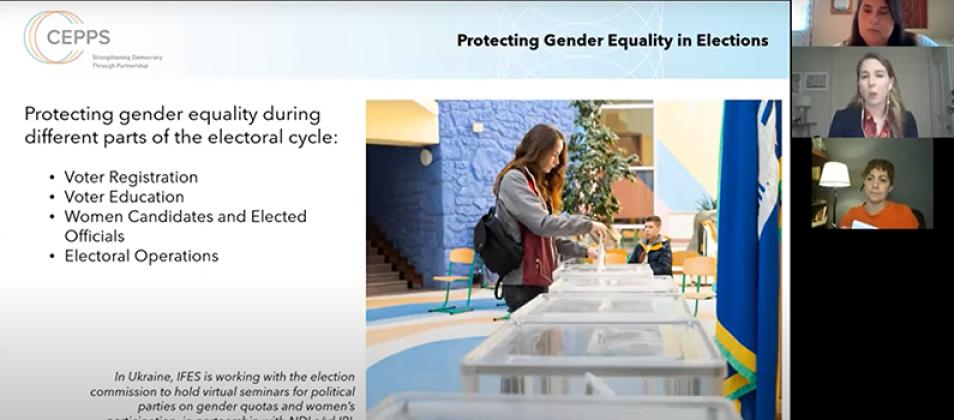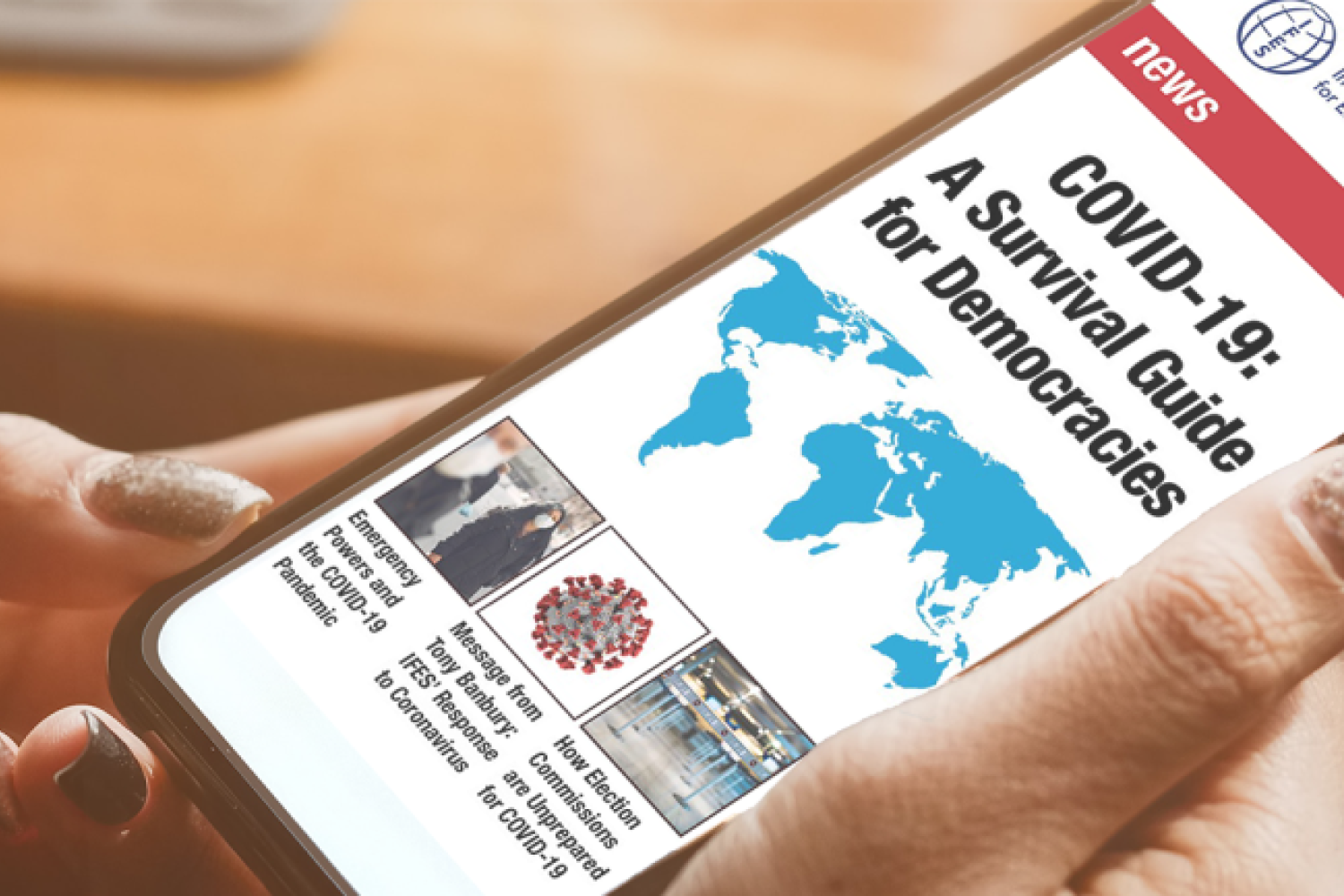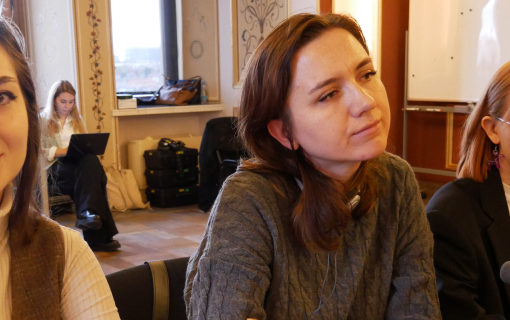
Watch the Online Event on Gender, DRG and COVID-19
On May 6, the Consortium for Elections and Political Process Strengthening (CEPPS) hosted a virtual event to discuss how to better ensure that democracy, human rights and governance (DRG) responses to COVID-19 are gender responsive. As governments focus on disaster and public health responses, the COVID-19 pandemic risks effectively turning back the clock on much hard-won progress in increasing marginalized groups’ access to and participation in public life. When shocks such as the current pandemic occur, political space shrinks, presenting existing DRG programs with a changed political and governance landscape.
DRG responses to the pandemic must consider how this shrinking space interacts with preexisting inequalities rooted in gender norms and inequality to disproportionately impact women and other marginalized populations. This will require integrating an inclusive, intersectional gender analysis into all interventions to ensure that the specific needs, barriers and priorities of women and other marginalized communities are fully considered; that all responses are gender sensitive and inclusive; and that these voices are amplified in decision-making processes.
#happeningnow @IFES1987 Senior Gender Program Officer @ginachirillo is presenting on protecting gender equality in elections during #COVID19 pic.twitter.com/2RsYPveJ3n
— IFES Gender (@IFESGender) May 6, 2020
With opening remarks by Michelle Bekkering, assistant administrator of the United States Agency for International Development’s Bureau for Economic Growth, Education and Environment and moderated by CEPPS Inclusion Specialist Alyson Kozma, this online panel featured Gina Chirillo, International Foundation for Electoral Systems (IFES) senior gender program officer; Fauzia Tariq, IFES senior gender adviser for Pakistan; Valerie Dowling, director of the International Republican Institute’s (IRI) Women’s Democracy Network; and Caroline Hubbard, deputy director of gender, women and democracy at the National Democratic Institute (NDI).
“Women have alarmingly been underrepresented in matters of COVID-19 decision-making. Most committees that have been set up to implement Pakistan's National Plan of Action on Pandemic are largely dominated by men. And of all the ministries and departments, the Human Rights Ministry and Women's Development Department were left out.”
– Fauzia Tariq
“If women are half the population and cannot meaningfully and equally participate in electoral processes than these processes aren’t truly representative of the people ...”
– Gina Chirillo
View a recording of the event:
Established in 1995, CEPPS pools the expertise of three premier international organizations dedicated to democratic development: IFES, IRI and NDI. CEPPS has a 20-year track record of collaboration and leadership in democracy, human rights and governance support, learning from experience, and adopting new approaches and tools based on the ever-evolving technological landscape.













